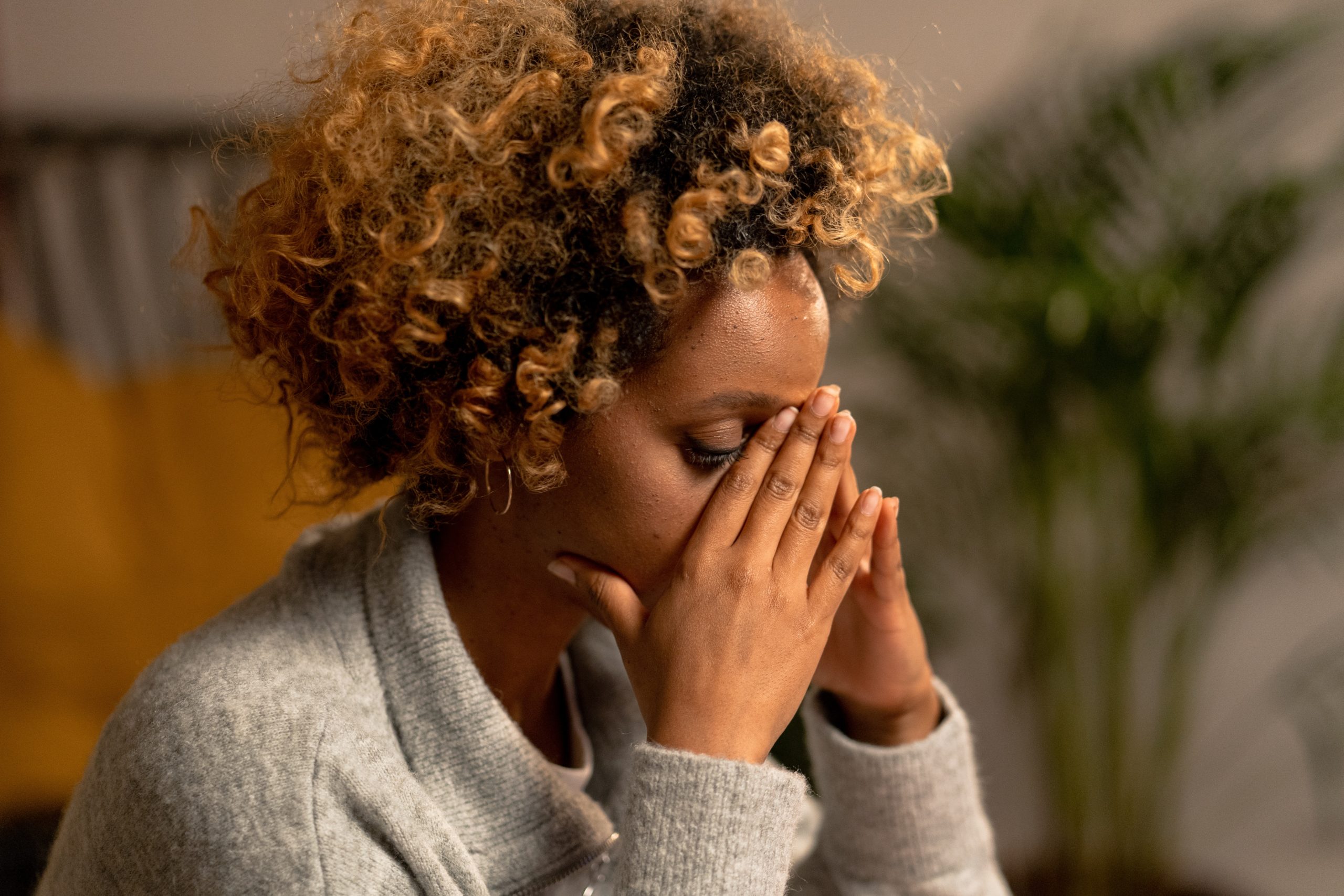6 Ways to Stop a Panic Attack

By Linda Rodgers
Panic attacks can be really scary. They can come on suddenly and flood your body with fear or a sense of doom. If you’ve never had a panic attack, this is what they can feel like:
- Feeling as if you can’t breathe.
- A fear that you may be dying.
- A tightness in—or heavy weight on—your chest, kind of like how people describe heart attacks.
- A racing, fluttering, or pounding heart.
- Sweating.
- Trembling or shaking.
- Tingling hands or feet.
- Feeling as if you’re having an out-of-body experience. You’re somewhere far away so it’s hard to hear or even understand anything being said to you.
Panic attacks can be frightening and overwhelming, but they don’t last long—even though they’re intense and in the moment you think they’ll go on forever.
You may not be able to stop a panic attack, but you can use strategies that make it shorter and less overwhelming. The best way is to get your mind off what you’re feeling and thinking and onto something that distracts and grounds you in the present moment.
Here’s how:
Say What’s Happening
Tell yourself, “I’m having a panic attack.” Just naming it can help you calm down.
Work to Slow Your Breathing
Lie down if you want, then try some triangle breaths. (Breathe in for three counts, hold for three counts, breathe out for three counts.) Or put your hands on your belly and breathe deeply, watching your hands rise and fall.
Find more breathing and grounding exercises.
Grab Something Cold
Try one of these:
- Drink a glass of very cold water.
- Drape a wet washcloth on your neck.
- Splash your face with cold water.
- Run your hands under cold water.
You only need to do one of these things, but any of them will pull you out of your head and into the part of your body experiencing the taste or feel of something cold. It is both distracting and grounding.
Change Your Scene
If you can, go outside and look at the grass, a tree, or the cars driving by. Listen to the birds, the sound of the wind, or someone’s conversation. If you can’t leave where you are, look around and notice elements of the room. There’s a desk. Over there is a curtain. Here’s my backpack next to me. It will shift your awareness away from the panic symptoms and onto your physical surroundings.
Smell or Taste Something Strong
If you experience panic attacks, it’s a great idea to keep something with a strong or calming odor in your backpack or bag, such as an essential oil, car freshener, or Chapstick, says Jennifer Teplin, LCSW, a licensed therapist and founder of Manhattan Wellness in New York City. Pull it out and take a whiff. Or pop a sour candy or strong mint in your mouth and suck on it. The trick is to stimulate your sense of smell or taste so it overrides the part of the brain that’s panicking.
Learn how to build your anxiety toolkit so you have the things you need on hand.
Talk to Yourself
Telling yourself, “This will pass,” “I can get through this,” “I’m not dying,” or “I’m not having a heart attack” can help you get through these uncomfortable moments. Another way to be prepared for a possible panic attack is to write down helpful statements, such as, “You’re OK. Just breathe and this will pass.” Keep them in your bag or backpack for next time.
If you’re prone to panic attacks—read more about panic disorder here—you may find it helpful to speak to a therapist or counselor. There is affordable mental health care out there. There are also ways to get help from a therapist who shares your cultural background and understands your particular needs. Go to our How to Get Help page to check out the resources you need to help you along your journey.
Learn more about anxiety and how you can get help or help someone else
Can I Be Anxious Without Having an Anxiety Disorder?
How Do I Know If I Have an Anxiety Disorder?
How Can I Talk to Someone About My Anxiety?
How to Help a Friend or Loved One with Anxiety






